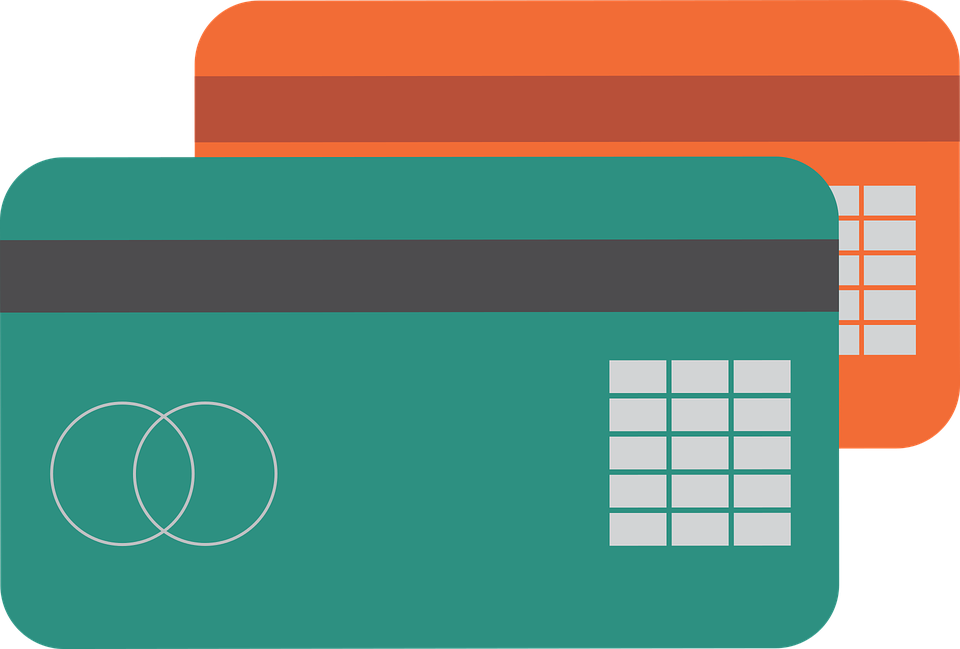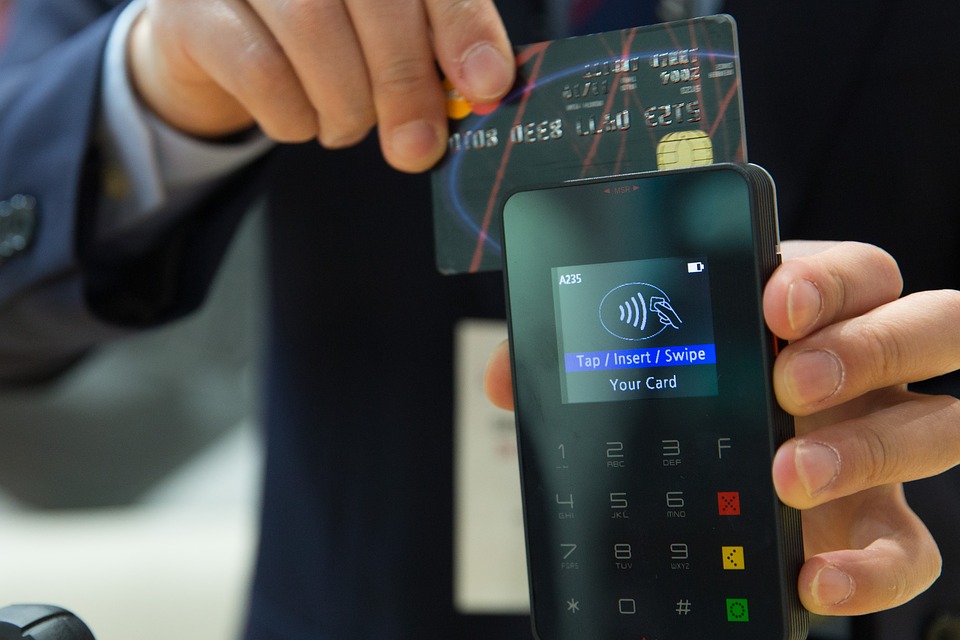Joint life insurance policy for couple...how beneficial?


What with demonetization, it has become difficult to obtain enough cash in notes. Many are using cards and e-wallets for making payments. Frankly, there are as many problems while making digital payments, as facilities. That is why you should proceed with caution.
You might have heard that data concerning 32 lakh debit cards in the country has already passed on into the hands of frauds. State Bank of India (SBI) has blocked all cards that it suspects to be stolen. By this, you can see that sensitive data can be stolen, during online and digital transactions.
You normally use your birthday, anniversary dates or birthdays of your children, as PIN numbers. But is there any guarantee that others do not know about it. Instead, you could use the price of your spectacles or the price of anything you bought recently as PIN numbers. If you do this, there will be no chance of others even guessing your PIN number. As for the Personal Computer (PC) it is better to use the latest Operating System (OS) rather than an old version. Old versions of OS cannot protect the system from virus. There will not be any software updates also. That is why it is necessary to update not only the software version but also the anti-virus.The password should be highly foolproof. If the password is a compound of letters, numbers, alphanumeric characters and symbols, there is no chance of anybody even imagining your password. For example, instead of simply using Narendra as password, you could use N@rendr@0*. The second password will be difficult for anyone to decrypt or copy. Also it is not at all safe to have the same password for debit card and credit card. If a fraudster gets to know of one password, he will sweep away all your deposits. You should be careful not to reveal your PIN, password, CVV, expiry date and OTP to anyone. There are like your eyes. Even if by mistake a fraudster comes to know of them, your money is not safe.
As for the Personal Computer (PC) it is better to use the latest Operating System (OS) rather than an old version. Old versions of OS cannot protect the system from virus. There will not be any software updates also. That is why it is necessary to update not only the software version but also the anti-virus.The password should be highly foolproof. If the password is a compound of letters, numbers, alphanumeric characters and symbols, there is no chance of anybody even imagining your password. For example, instead of simply using Narendra as password, you could use N@rendr@0*. The second password will be difficult for anyone to decrypt or copy. Also it is not at all safe to have the same password for debit card and credit card. If a fraudster gets to know of one password, he will sweep away all your deposits. You should be careful not to reveal your PIN, password, CVV, expiry date and OTP to anyone. There are like your eyes. Even if by mistake a fraudster comes to know of them, your money is not safe.
Website digital certificate
Before beginning online transactions, make sure that the site has a digital certification. A prominent authentication service provider is Verizon. This will show if the site on which the transactions are being made are original or fake. Every site has these details.
Personal computers are safe
It is not safe to use a common computer being used by everyone, for digital transactions. There are chances of Spam and virus striking anytime in such computers. It is always safe to use a personal computer that has updated anti-virus as well as OS.
Tricking through emails, SMS
Fraudsters are always on the lookout to steal your net banking or card data. They will try to contact through phone, email or SMS. Now-a-days, digital criminals are creating fake websites which resemble the original in all aspects and are trying to mislead the users. Unsuspecting users type their User IDs and passwords to login. The criminals use this data to login to the original websites and make a clean sweep of the deposits. Check out always to see if the website address has 'http' at the beginning. Only then can it be considered safe.
Do not enter unknown sites
Stop viewing pirated videos or browse sites that are strange. Just because a new film video is in copy Torrents, do not download it. Dangerous virus will be downloaded along with these. Even if you click on the OK button on the site, the damage will be done. Personal data from the computer or smart phone will reach other's hands. If a file is downloaded unknowingly, do not run it. Just scan it with anti-virus.
Protect details
Keep bank statements, credit card bills, mutual funds statements, insurance, Pan Number, date of birth, phone number, address etc., safely, by taking Xerox copies. Do not show them to anyone, as they might be misused for stealing.
It is always safe to swipe debit or credit cards only in ATMs that are secured in all ways or through safe POS machines in well established shops. Cards with magnetic strips should be changed to chip cards. Frankly, the present magnetic strips on cards are not that safe for storing data. The same is much safer on chip cards. Just check your card once. A gold-coloured chip can be seen shining in one corner. Such cards, embedded with chips are much safer than those with magnetic strips. While using wallet apps, if you get One Time Password (OTP), then it is considered safe.
No laws ruling digital transactions
Experts opine that there are no laws in the country to protect a victim from digital frauds. A victim of digital fraud who loses money cannot approach any legal authority for help. Experts remind you that there are no laws regarding digital payments. Reserve Bank of India (RBI) will decide the regulations regarding safety and secrecy. However, the rules regarding security measures to be taken by financial service companies come under Section 43 A of Income Tax (IT) Act. In a recent study by a Bangalore-based company, Internet and Society, it has been revealed that even the biggest technology companies do not adhere to this section. There is no system in place to face any problem that might arise out of making digital transactions. It will take some time to enact laws and implement them, experts opined.
Problems faced during transactions
A few inconveniences are inevitable while making digital transactions, in India. These are technical problems. These problems arise while making debit card or net banking payments. An OTP will be generated once you log in to the banking site and have a getaway. Once the customer enters the OTP on the site, he is directed to the real home page. In this, some problems arise when the customer fails to connect to the payment getaway page. The site does not go back, even when the 'BACKSPACE' button is pressed. With this the customer might have to start all over again. In this process, once the OTP is entered on the bank website, the amount is debited from your account. But the receiver will not get the money. The fault might lie with the bank. It has to be consulted for this. The bank personnel will then review the transaction and credit the payment to the specified account. At times, the money would have already left the bank. At such times, the receiver needs to be consulted. Sometimes, the page gets stuck when the net connection snaps suddenly. At such times you need a lot of courage to continue with digital payments.



















